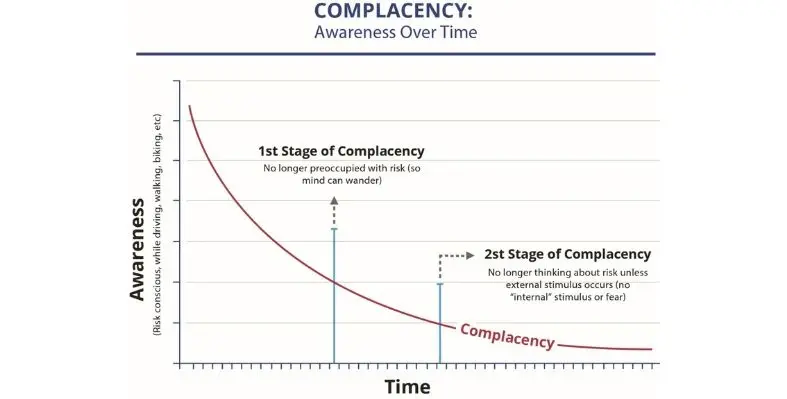A growing body of research indicates that young people are increasingly dissatisfied at work. In a recent episode of the ILO’s Global Challenges, Global Solutions podcast, economist Professor David Blanchflower explored the rising levels of unhappiness among youth and the urgent need for action.
Blanchflower highlighted a major shift since 2013. “What we’ve seen is a big increase in the unhappiness levels of the young.” Originally noticed in the US, the trend has spread globally, particularly in developed nations like the UK, Canada, Australia, and Northern Europe. He notes that this rising unhappiness is linked to poor mental health, academic struggles, and difficulty transitioning from school to work.
“Young people who are having problems with their mental health—their test scores, their reading test scores are being negatively impacted,” he said, adding that the problem is evident at university level and beyond, with many young people “moving from college to out of the labour force.”
Internet access and smartphone usage are key contributors. “Places that have had the biggest growth in access to the internet, in general, are the ones that look the worst,” Blanchflower explained. He pointed out that in regions like sub-Saharan Africa, where smartphone penetration is lower, the mental health of young people appears more stable. “It’s about the amount of time they’re spending on their phones,” he added, warning that screen time is replacing real-world experiences vital for development.
A gender imbalance
Gender differences are also striking. “The mental health of young women appears to be much worse than young men,” Blanchflower said. In the US, “about 11% of young women between the ages of 18 and 24 say that every day of their lives is a bad mental health day.” This is accompanied by a rise in suicide attempts and hospitalisations, particularly among young women.
When it comes to solutions, Blanchflower called for better support during the transition from school to work and more structured social engagement for youth. “They’re not joining clubs as they did… They’re not participating in the ways that they did before.” However, he admitted, “We don’t really know what to do.”
He is organising a major conference with the UN to develop global strategies. “Countries around the world are going to have to start to think about what to do, as they did in the 1980s.” The goal is to identify practical measures that governments and international bodies can adapt to local contexts.
“This is like a spreading pandemic,” Blanchflower said. While the challenges are clear, he stresses the need for collective, global action before the damage becomes irreversible.

























